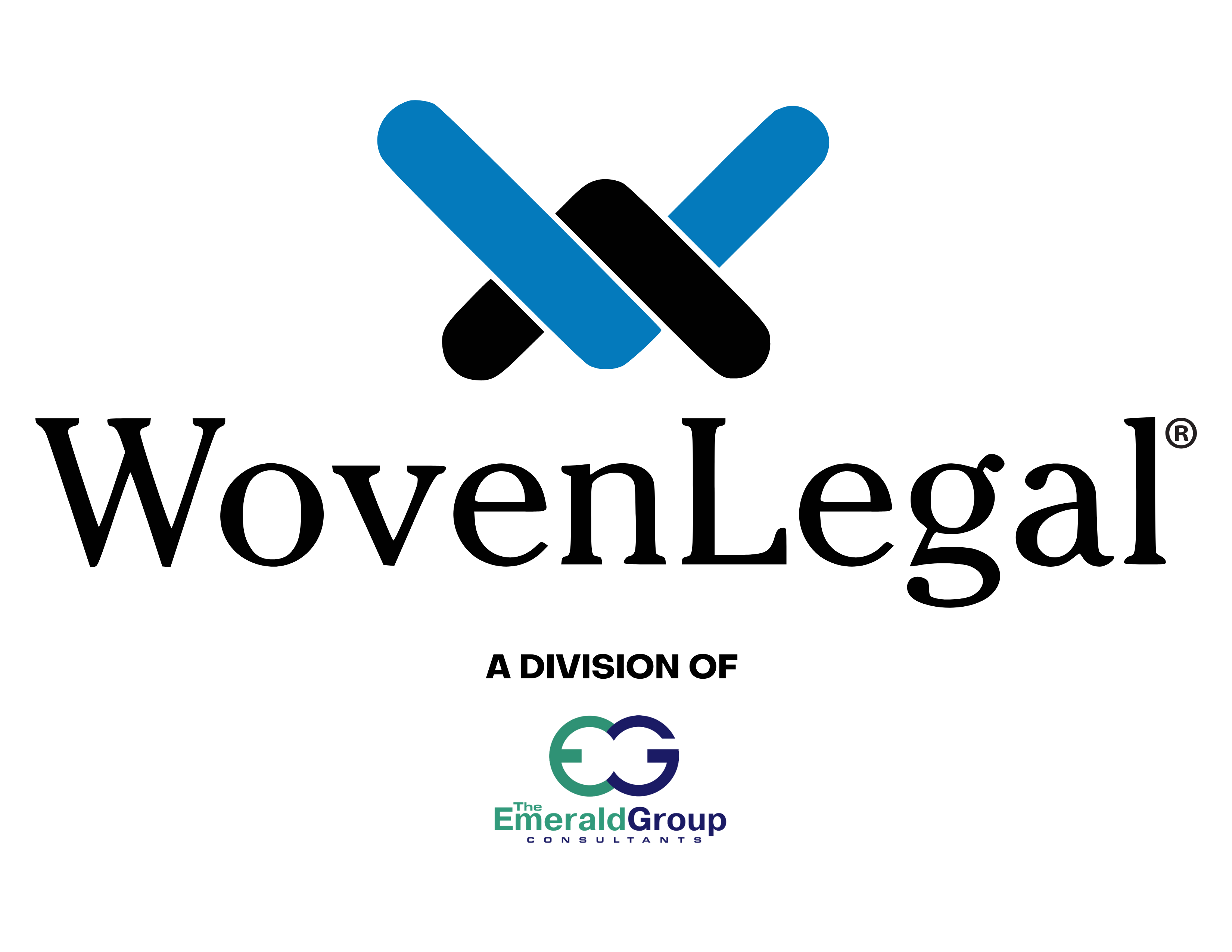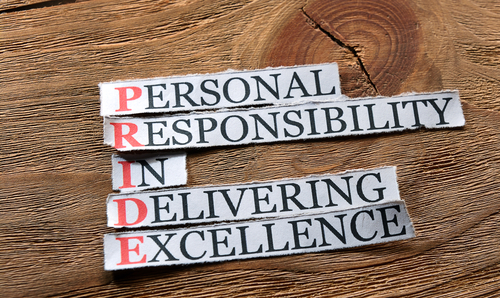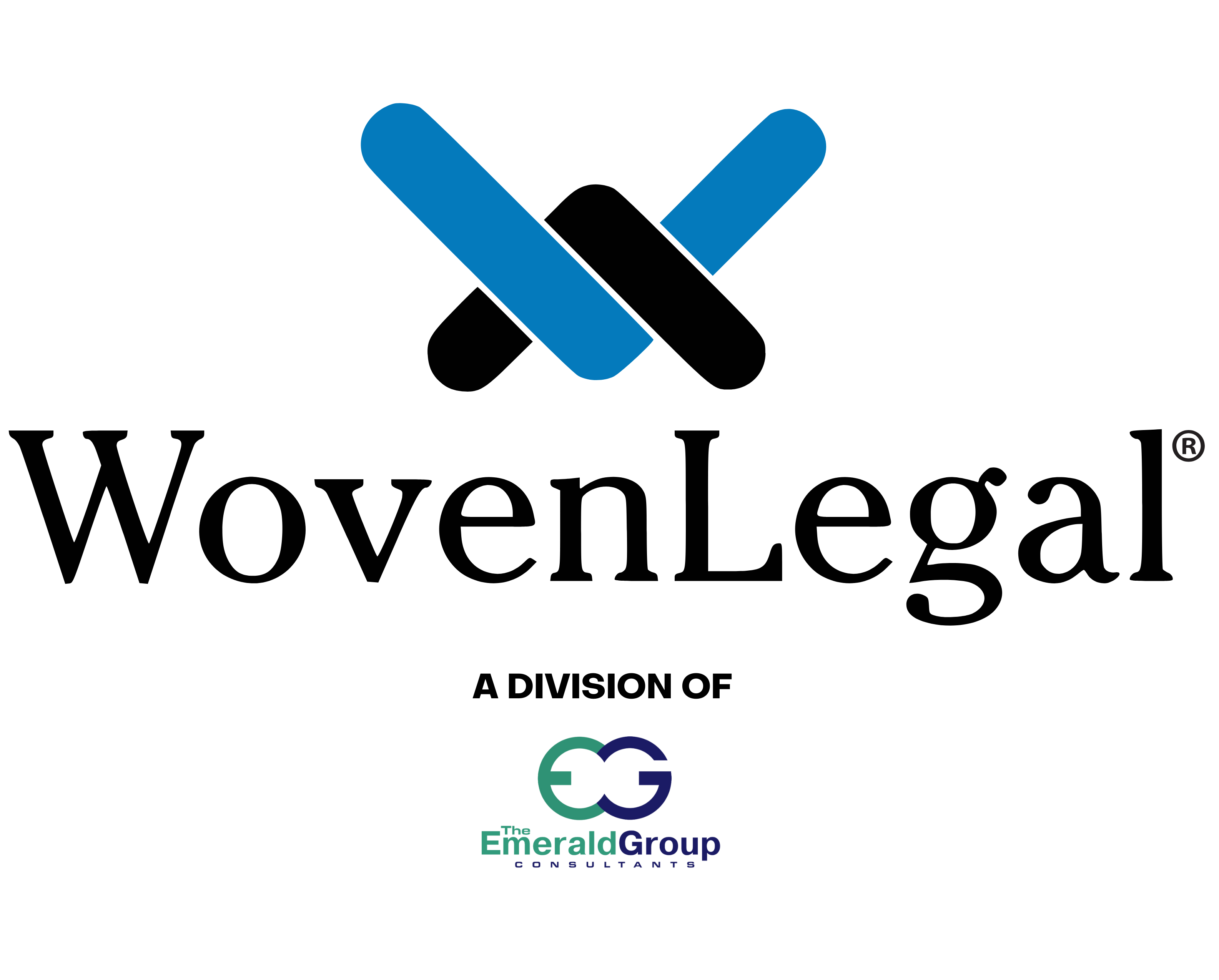When it comes to personal responsibility, people tend to gravitate to one extreme or the other. Some tend to eschew any blame for mistakes or errors altogether, choosing instead to blame others for their personal problems and business troubles. Others assume all the blame for anything that doesn’t go well, either personally or in business.
In the legal realm, how you assign blame can significantly affect the success and longevity of your firm. You might readily agree that blaming others is unhealthy and can lead to morale issues and other troubles for your firm. But the other extreme presents its own problems as well.
While it is a positive practice to take responsibility for your actions, there is a difference between personal responsibility and self-blame. As an attorney, learning how to distinguish between the two and avoid engaging in self-blame is vital.
The Difference Between Self-Blame and Personal Responsibility
You exhibit personal leadership and humanity when you take responsibility for your mistakes and actions. When you take personal responsibility, you acknowledge that you are a human being who is limited in their knowledge and capabilities.
By recognizing that personal growth and progress sometimes come at the expense of missteps and setbacks, taking personal responsibility enables you and your firm to move forward from the incident and become better for it.
In contrast, self-blame is a related but entirely different response to an error or mistake. When you blame yourself, you are focusing on some perceived flaw or shortcoming in yourself and blaming whatever happened on that part of you.
With this mindset, whatever negative outcome happened was to be expected, given who you are or who you believe yourself to be.
Taking responsibility for your mistakes is exhibited with statements like:
- “I am sorry; that was my mistake.”
- “I was wrong, and I will do better next time.”
- “I understand the effects of my actions, and I am sorry.”
Personal responsibility can help all parties involved address any related issues and prevent them in the future.
Conversely, self-blame is exhibited in comments like:
- “Of course this happened. I never make any good decisions.”
- “This is all my fault; I will never amount to anything.”
- “I have never been good at these kinds of decisions.”
While personal responsibility is admirable and should be encouraged, self-blame is destructive and should be avoided — especially in a law firm.
Why Self-Blaming Behavior Is Toxic for Law Firms
If you engage in self-blaming behavior, you may do so because you mistake it for humility or personal responsibility. But self-blame accomplishes none of the benefits that taking personal responsibility does.
When leaders take responsibility for their actions, their subordinates see them as trustworthy, competent, and capable of recognizing their mistakes and learning from them. This can inspire them to do the same.
On the other hand, when you self-blame, you highlight your weaknesses and suggest there is nothing you can do about them. You suggest to others through your words of self-blame that not only was this negative experience to be expected but also that additional adverse outcomes can also be anticipated.
By blaming yourself and who you are, you do not inspire confidence in your staff; instead, you inspire uncertainty.
How Self-Blame Affects Your Legal Team
The law can be a demanding and stressful industry, and this stress is amplified when errors are made. An error can result in an angry client or an upset judge. More severe mistakes can lead to a lost case, a judgment against the client, or even an ethical complaint being filed.
When these events happen, self-blame tells your staff that they can expect more of these stressful events to happen and that you can do nothing about it. However, when you respond by taking responsibility, you admit your mistake to your staff but tell them that you can — and will — work harder to avoid a similar mistake in the future.
In short, self-blame keeps you and your firm in a loop of repeating the same mistakes. Personal responsibility, however, helps you and your team grow and become stronger and more competent.
How to Avoid Self-Blame as an Attorney
If you find yourself veering into self-blame territory the next time a mistake happens at your law firm, try implementing these three tips to develop a healthier, more responsible outlook:
Accept That You Are Human
You are a human being, and as a human being, you will make mistakes. Your errors do not define you; people remember how you move forward after making a mistake. Give yourself permission to make mistakes and still be a competent attorney.
Do not fall into the trap of believing you are worthless because you made a mistake.
Focus on the Future, Not the Past
Understanding why a mistake happened is essential, but refrain from dwelling on the past. Learn what circumstances were going on within and outside of you that may have contributed to the lapse in judgment. Then, turn your attention toward the future, and focus on preventing something similar from happening again.
Seek Out a Mentor
Self-blame can keep you from contacting a more experienced attorney for guidance and direction, which almost guarantees you will make the same mistake again. However, taking personal responsibility can mean recognizing the knowledge and skills you do not have and seeking out those who can help you develop them.
For instance, suppose that you file a motion that is denied, and your client suffers an adverse result. If you blamed yourself, you would say, “Of course this happened. I do not know what I am doing.”
However, a reasonable response would be, “I did not know the law on this matter as well as I should have. I will go find someone who can help me understand this better.”
Woven Legal Can Support You and Your Firm
In the busy legal world, one of the best ways to avoid costly errors is to ensure you have the right staff to support you.
If your office needs professional support from experienced paralegals or legal assistants, turn to Woven Legal. We connect firms with qualified support professionals and can help you and your firm continue to grow and serve your clients. Contact Woven Legal and request your discovery call today.




Comments are closed